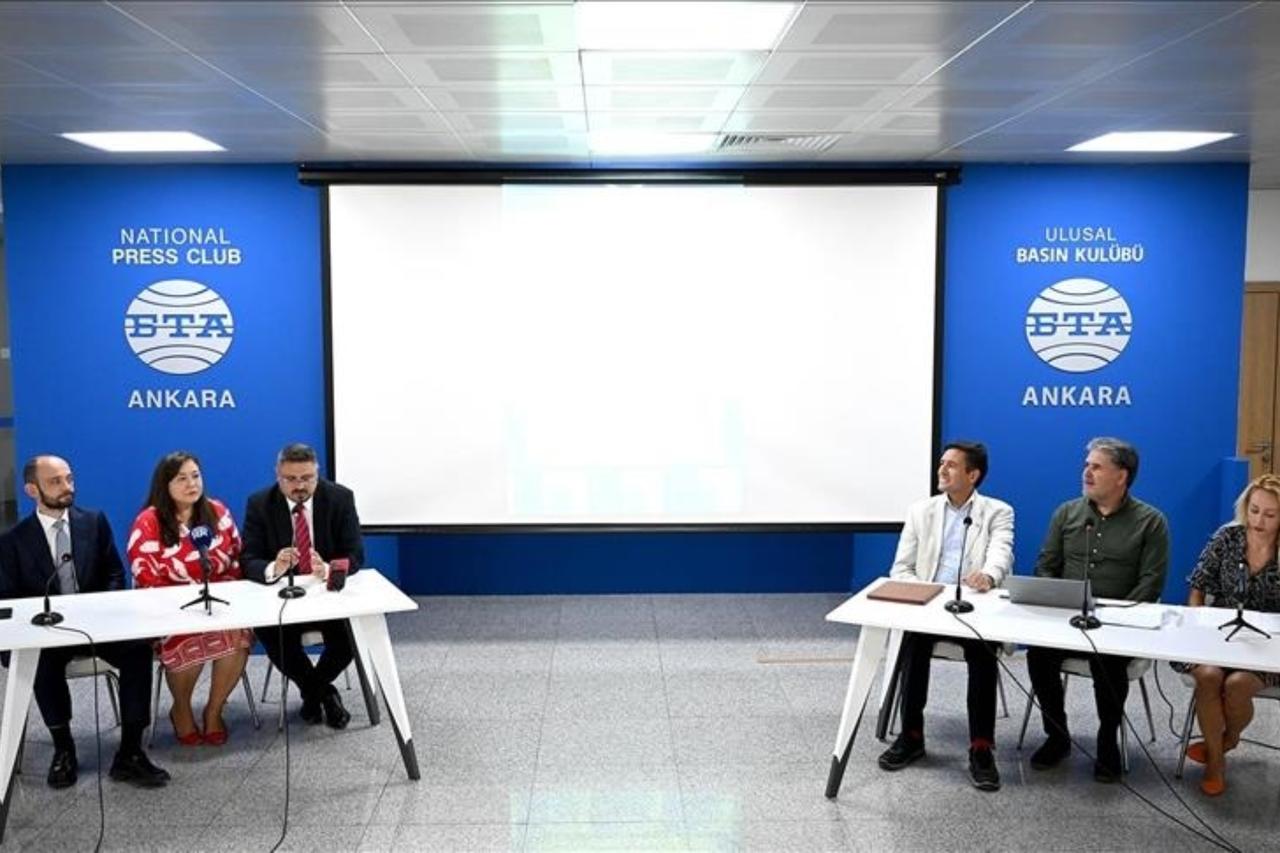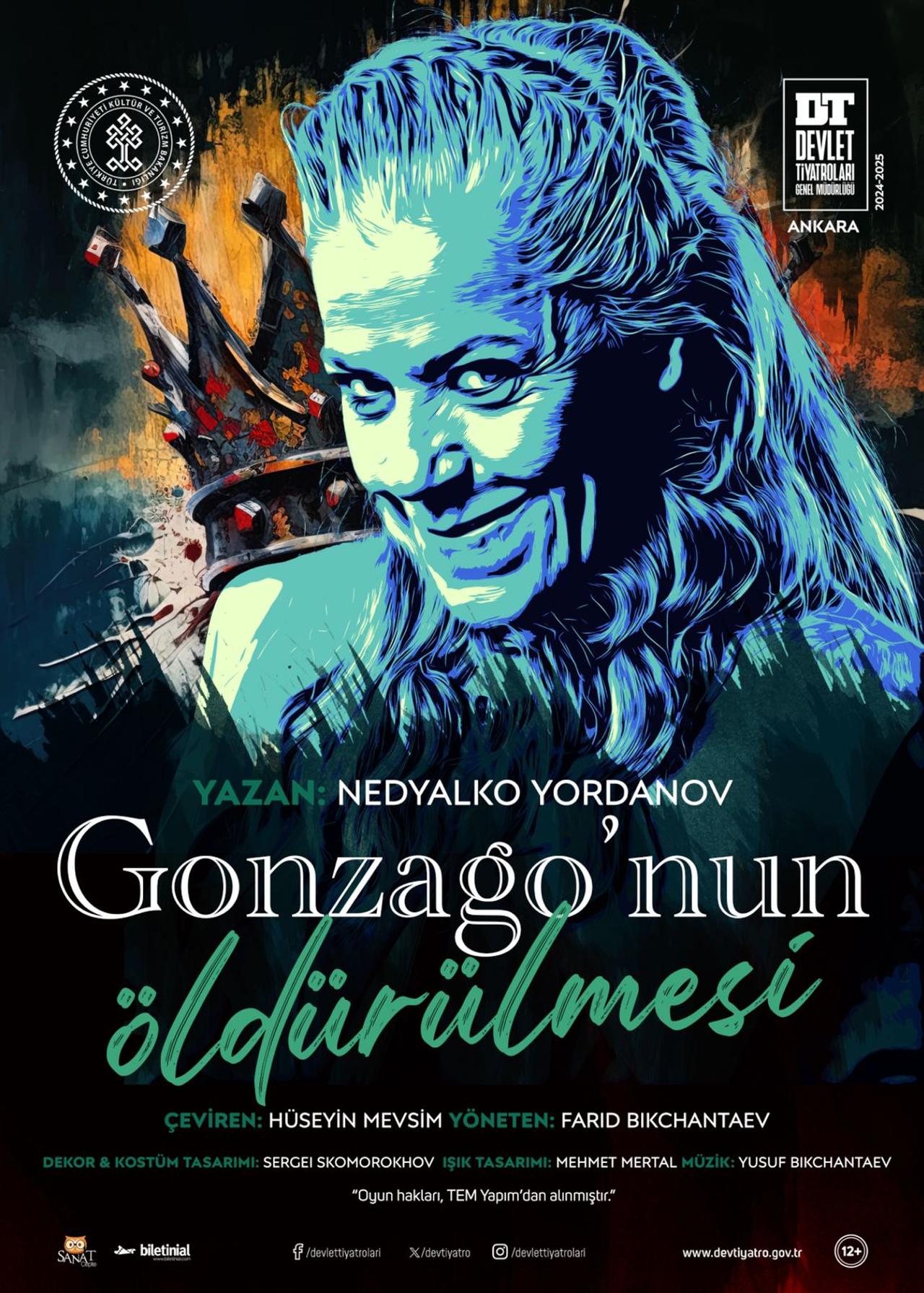
An event in Ankara marked a significant moment in Bulgarian-Turkish cultural relations, introducing the new BTA (Bulgarian News Agency) correspondent in the city and featuring an exhibition of Bulgarian theatrical plays translated into Turkish by Professor Huseyin Mevsim, highlighting the enduring ties and cooperation between the two nations.
It marked the official presentation of Ayse Sali as BTA’s new correspondent in Türkiye and honored the decades-spanning work of Professor Huseyin Mevsim, who has translated and championed Bulgarian theatre for Turkish audiences for over 20 years.
BTA Director General Kiril Valchev described the evening as “a bridge between generations seeking a path to friendship between neighbours.” That bridge, it seems, is being built not only by diplomats but by playwrights, translators, and journalists.
The event also opened a striking exhibition of Bulgarian theatre posters, curated from the translations of Professor Huseyin Mevsim — a scholar, translator and head of the Slavic Languages Department at Ankara University. The posters, many from Turkish stage productions, highlight the transnational journey of Bulgarian drama.

On display were posters from plays such as:
Roman Bath by Stanislav Stratiev
Lazaritsa by Yordan Radichkov
The Murder of Gonzago by Nedyalko Yordanov
Orchestra Titanic and The Colonel’s Wife by Hristo Boychev
I’m Paying by Yves Jamiaque, directed by Vladlen Alexandrov
Huseyin Mevsim was born in 1964 in the village of Kozlevo, Bulgaria. Today, he’s known for his work as a translator, teacher, and expert on Bulgarian and Turkish culture. Over the years, he has translated many Bulgarian plays into Turkish, helping them reach new audiences.
One of the most successful was The Other Death of Joan of Arc by Stefan Tsanev, which became a hit in Istanbul.
In a video message, Tsanev called Mevsim “an intellectual who belongs to two countries” and said no one has done more to build cultural ties between Bulgaria and Türkiye.
As Valchev noted, this event wasn’t just about honoring the past but about continuing a century-old tradition of cooperation and cultural dialogue. “Because Professor Huseyin Mevsim and Ayse Sali are united,” he said, “in that they bring knowledge about each other to two neighboring countries.”
With Bulgarian plays continuing to find new life on Turkish stages, including upcoming productions of The Other Death of Joan of Arc and The Murder of Gonzago in Istanbul and a new generation of Bulgarian journalists like Sali on the ground, the dialogue between these two countries is not just preserved, but growing.